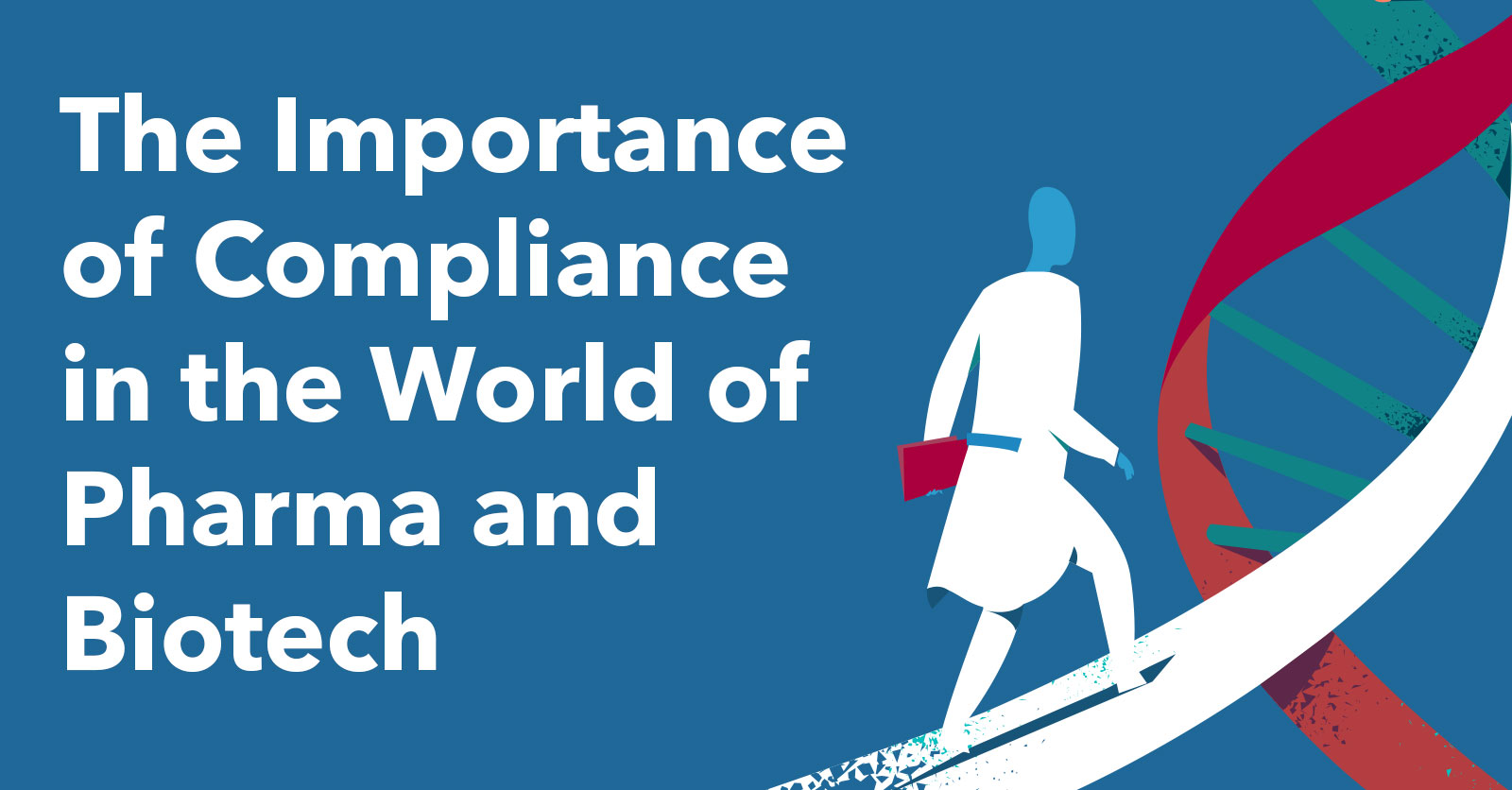According to CRB’s 2022 Horizon Report, the biopharma and life sciences sectors are grappling with a chronic issue – the scarcity of trained staff. This revelation might not be startling for companies actively engaged in talent acquisition. Across industries, the struggle to find candidates with the right mix of experience and expertise has intensified, and the biopharma and life sciences sectors are no exception.
This scarcity isn’t just a hiccup in the hiring process; it’s a significant barrier to achieving organizational objectives. The reality of this situation often leads companies to settle for less-than-ideal candidates, incurring considerable costs in terms of time and resources.
The roots of this talent dilemma can be traced back to the pandemic’s aftermath. The surge in vaccine development and production led to a swift expansion in many organizations, opening up a plethora of new job opportunities. However, the availability of these roles did not align with the presence of qualified candidates. Already facing difficulties in filling specialized positions, the industry saw an intensification of competition for talent.
The issue extends beyond just filling existing roles; the industry’s advancement has necessitated the creation of entirely new positions. The integration of cutting-edge technologies and the rise in specialty drug development have led to the emergence of roles that were previously non-existent, such as Chief Data Officers. These roles, crucial in the era of digitalization, require highly specific skill sets that are in short supply and high demand, not just within our sector but across various industries.
As we confront these emerging challenges, it becomes clear that traditional hiring practices are no longer sufficient. Innovative strategies and a refresh of our talent acquisition processes are imperative to navigate and overcome these obstacles.






